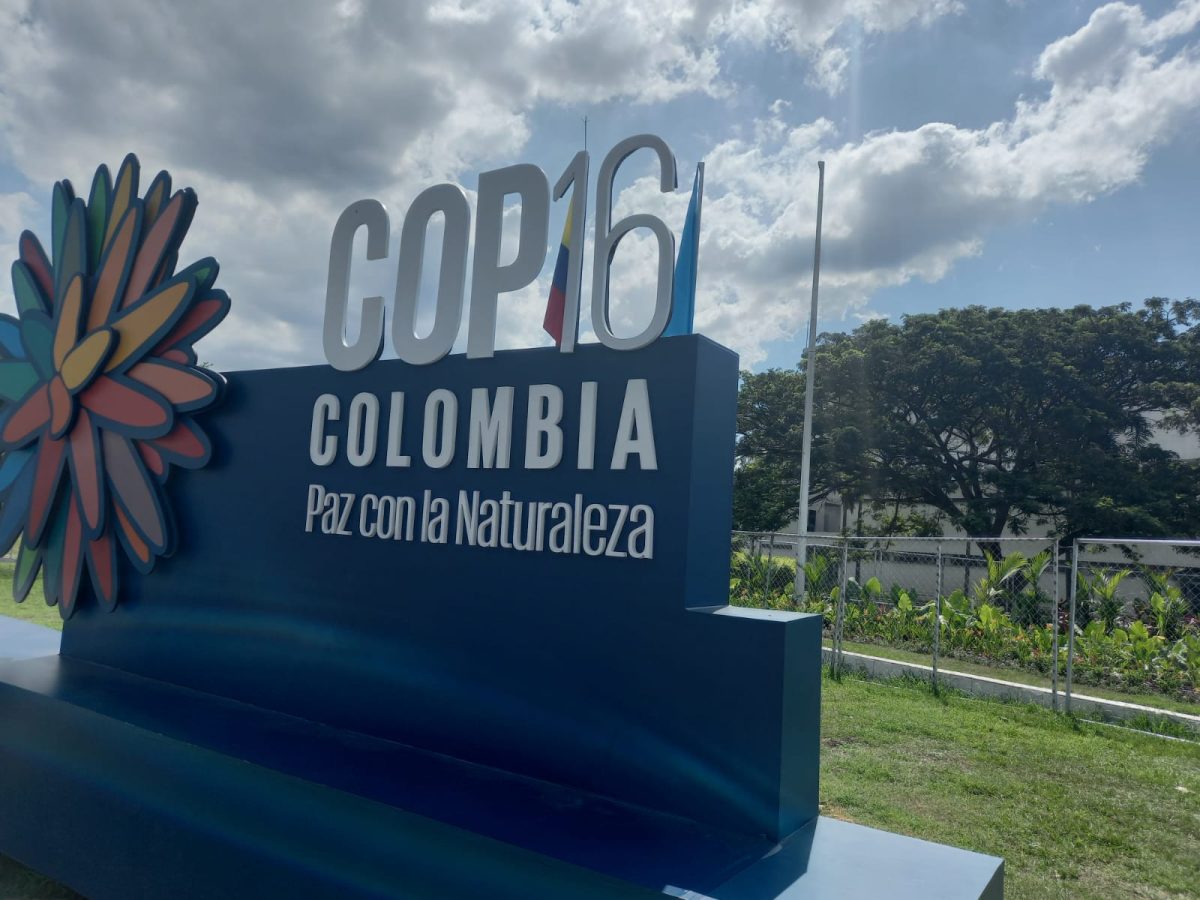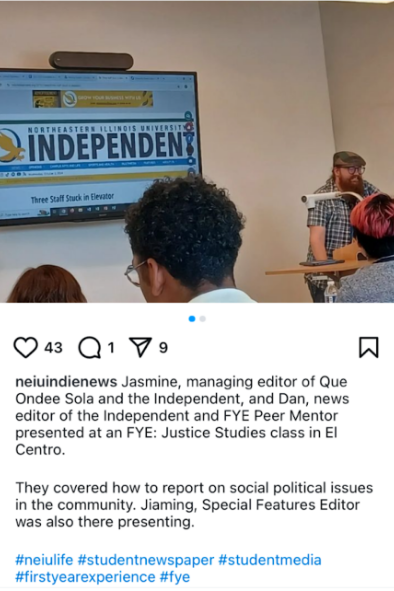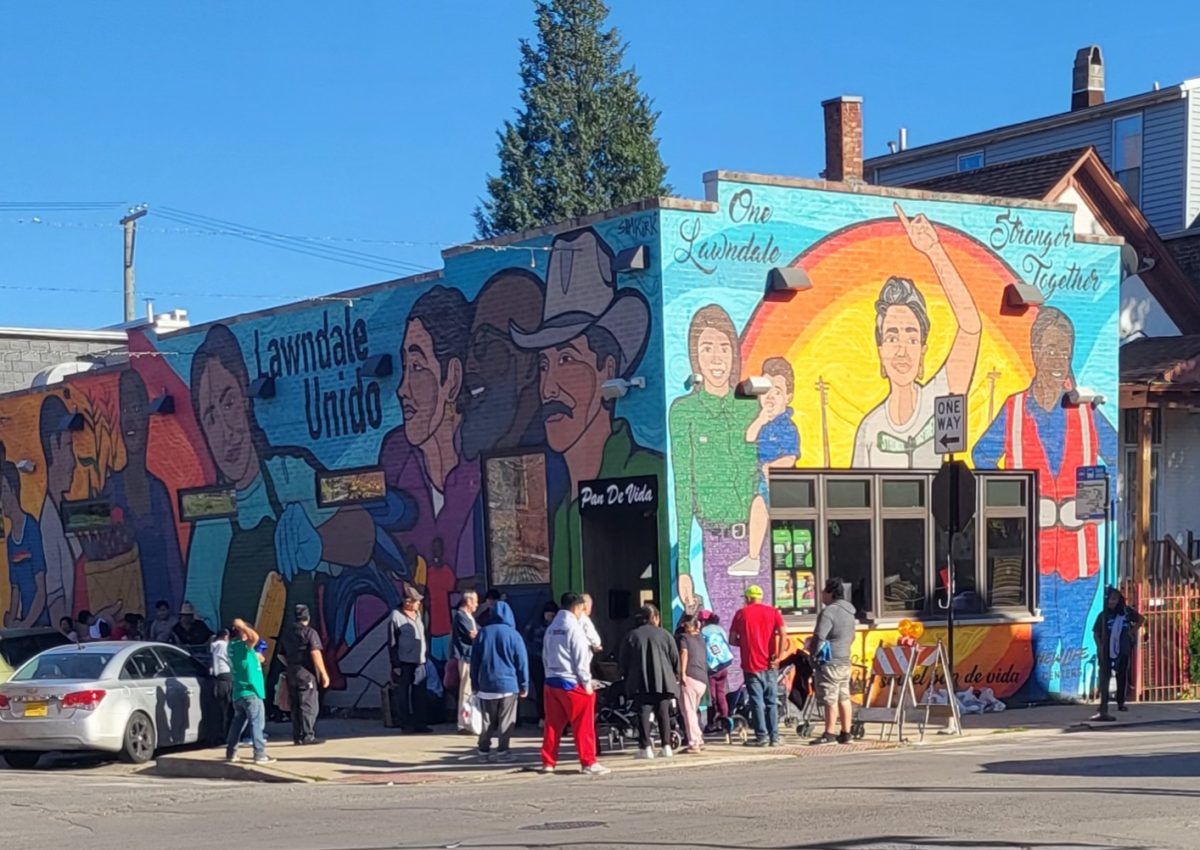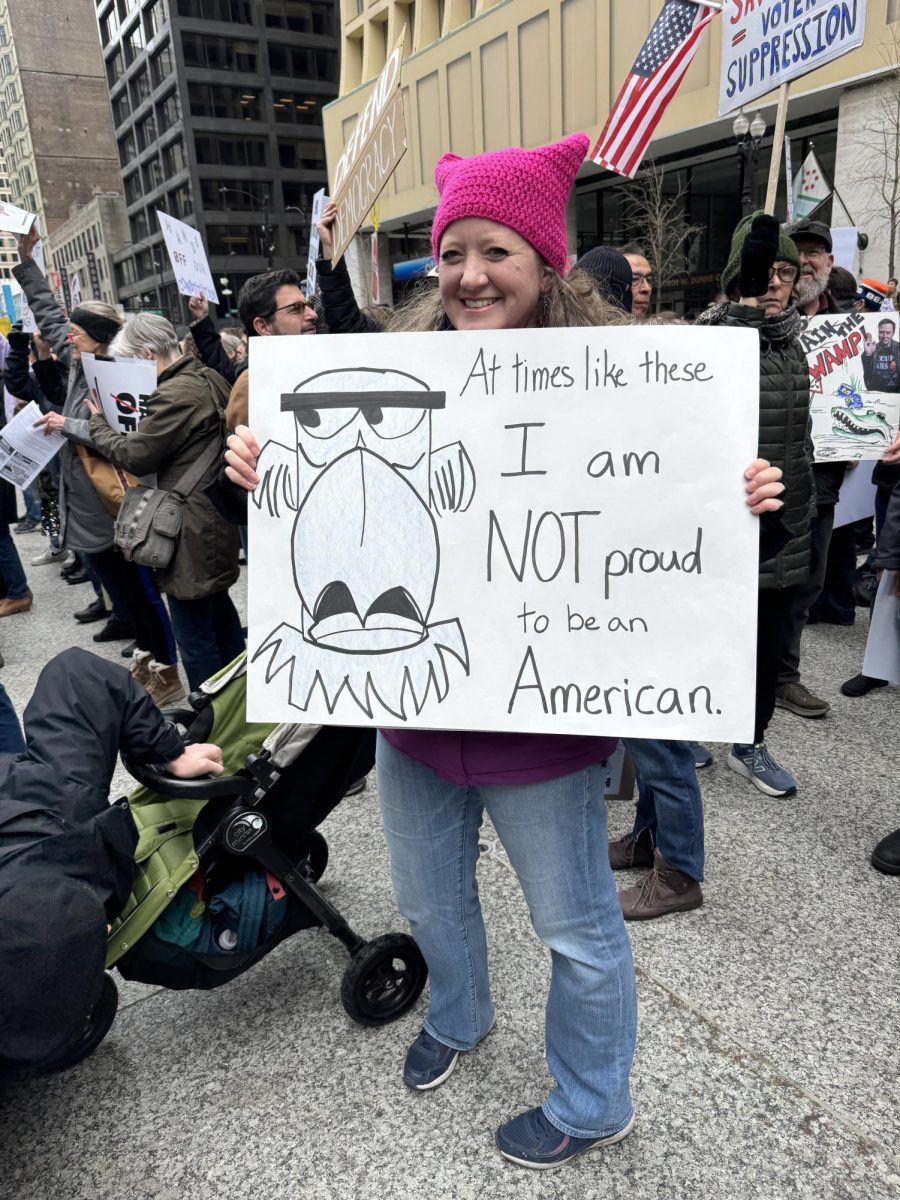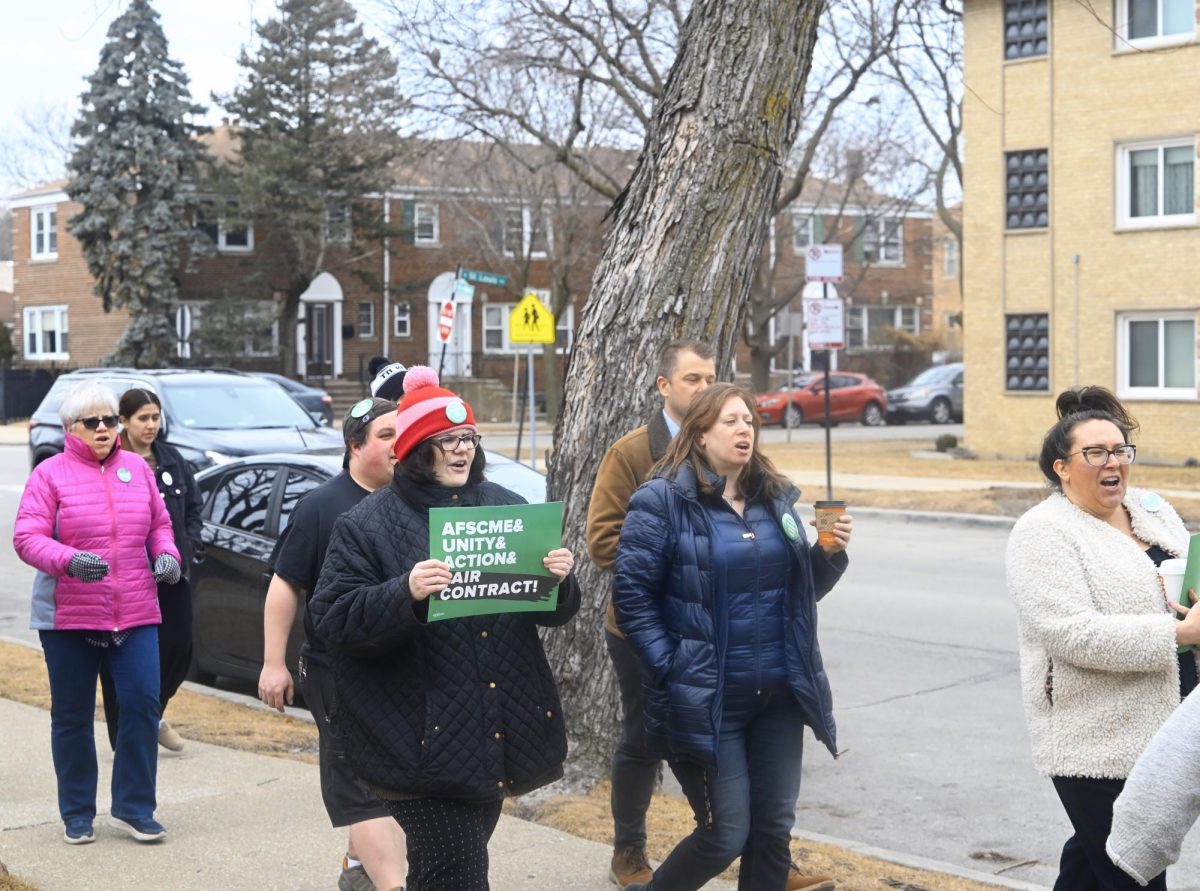The COP16 is the United Nation Biodiversity conference that took place in Colombia from October 21 to November 1. According to The Nature Conservancy, “Biodiversity is the bedrock of life on Earth, underpinning our global economy, combating climate change, and sustaining the food systems that nourish the world.” Governments, indigenous leaders, businesses, and communities gathered together to take action to create a more harmonious relationship with nature.
In The Nature Conservancy‘s same report, habitats are disappearing, and many species are at risk of extinction. This threatens the well-being of billions of people. “There are 100 million different species co-existing with us on our planet – then between 10,000 and 100,000 species are becoming extinct each year,” says the The World Wide Fund for Nature (WWF).
Colombia is the third most biodiverse country in the world with over 67,000 species. As stated by the Convention on Biological Diversity, COP16 is the sixteenth meeting of the Conference of the Parties (COP) to the Convention on Biological Diversity (CBD). As mentioned by the official website of COP16 , the Conference of the Parties (Countries) is the highest decision authority of the CBD, an international treaty of the United Nations signed by 150 countries in 1992.
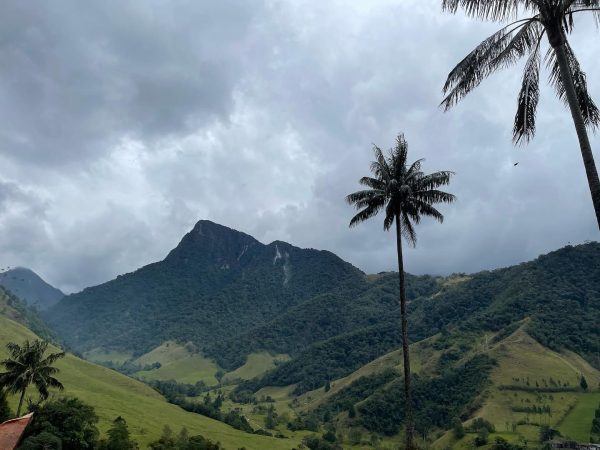
The same website explains that “The slogan ‘Peace with Nature’ is a call for reflection to improve the relationship we have with the environment, to rethink an economic model that does not prioritize the extraction, overexploitation and pollution of nature.” The goal of the CBD is to create commitments and actions to conserve biological diversity and also to ensure that countries share the benefits of using genetic resources fairly.
The COP16 logo represents the Inirida flower. This species only grows in Colombia, and according to Susana Muhamad, minister of Environment of Colombia, the flower never dies and never falls apart.
The plan for COP16, “includes 23 global targets that the world must achieve by 2030 for a chance at success. Perhaps the best known of these is Target 3—conserve 30% of land, water, and seas (often referred to as “30×30”),” as reported by WWF.
According to the The Institutional Investors Group on Climate Change (IGCC), COP16 will focus on reviewing counties’ programs on the different commitments from 2022. This includes the implementation of National Biodiversity Strategies and Action Plans (NBSAP), which nations are expected to have submitted by the time of the conference. Some of the main goals to discuss are, “Operationalization of the monitoring framework for the 23 targets to support national reporting, mobilization of finance necessary for implementation, particularly on Target 19 which pins a $20 billion per year target for public finance by 2025 [and to] Finalize the mechanism to equitably share digital sequence information on genetic resources” says IGCC.
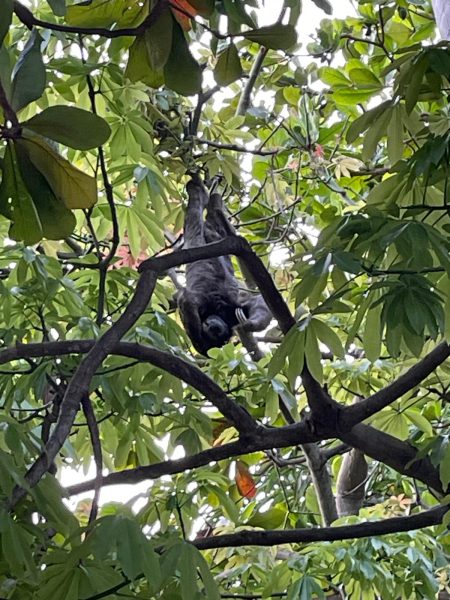
Business For Nature explains the two zones that the COP16 has: the Blue Zone and the Green Zone. The Blue Zone will be in the Valle Del Pacifico Event Center, where the leading conference occurs, specifically for negotiations and dialogues between member countries and official observers.
The Green Zone is a space open to the public on River Boulevard, with the objective that the community, business, and nonprofit organizations gather in different events, discussions, and activities about the conservation and protection of the environment. On the COP16’s webite, as part of the Green Zone, there is a detailed calendar with information about each specific event, including the date, place, and topic of the different events in the Green Zone.



